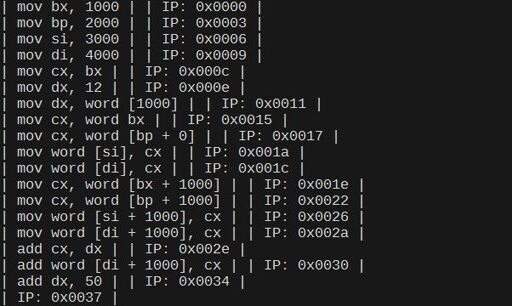

Does the law demand unsigned software?
The answer is no. It’s not phrased like that. But it’s all about ensuring free competition in digital markets. The sole purpose of Google’s move here is to hinder competition in their own digital market, and to keep control over it.
So the law does not have a paragraph stating that “unsigned software must be allowed”, but it has a bunch of other paragraphs that can be used to strike down on monopolistic behaviour.
Google are aware of the law, and will try to find a loophole by designing a system that they believe technically complies with it. Then someone will sue them, it will end up in the European court, and the European court will in all likelyhood tell Google to get fucked.
It seems american tech companies think they can get away with anything because that’s how it works in the US. We are repeatedly seeing that this is not how it works in Europe: the Court of Justice tends to care deeply about the intention of the law, as well as the perceived consequences of their rulings. And they don’t seem to care all that much about American capitalists.
But to answer your question very simply: No, it doesn’t. But thankfully that doesn’t matter at all.


I have no idea as I don’t follow apple much, but I am aware that they are constantly trying to find ways to avoid complying with EU law, and that it is often rapidly struck down.
What you’re describing here is not a failure of the law, but Apple trying real hard to find creative ways not to comply with it. To me it only shows that they are desperate, and that EU law is in fact getting to them.
If they keep at it it’ll eventually end up in court, the case will take a couple of years, and they’ll be slammed with a fine and asked to get their shit together.